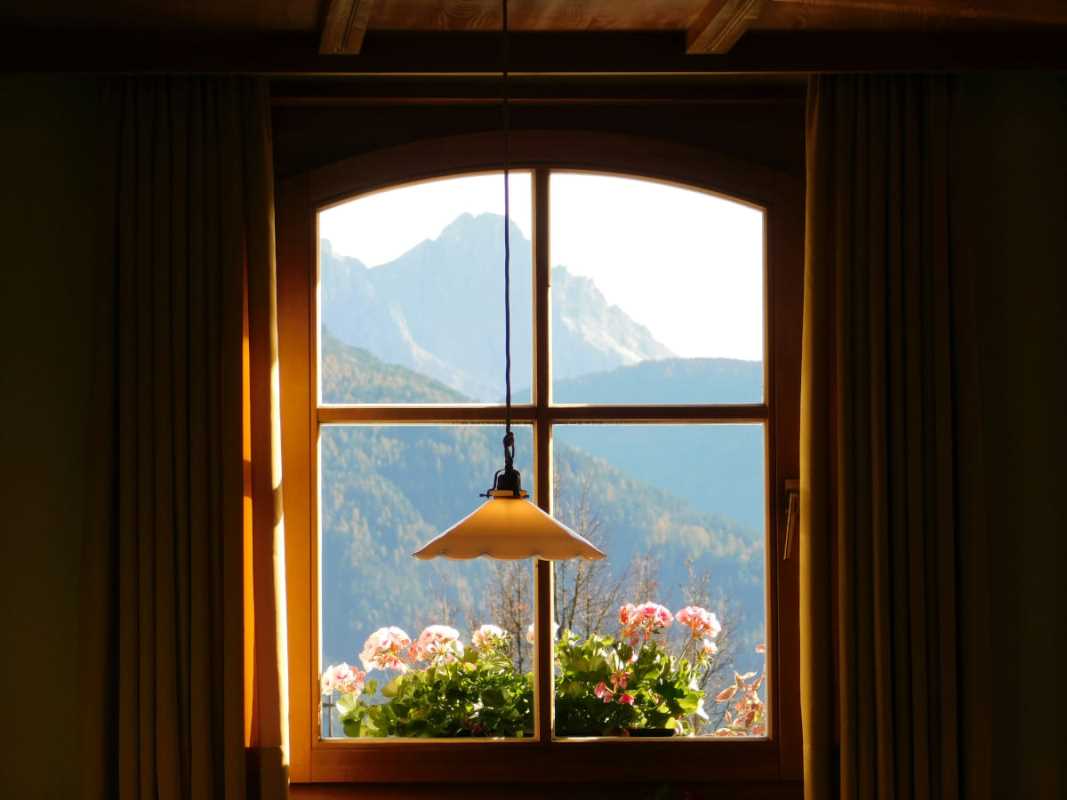Maintaining a comfortable home during both summer’s heat and winter’s chill can be challenging without proper insulation. Poor insulation forces heating and cooling systems to work harder, driving up energy use and inflating utility bills. Proper home insulation can make a dramatic difference by reducing heat transfer, keeping conditioned air inside, and cutting energy costs in the process. Professional insulation services ensure that your home is optimized for comfort and efficiency, transforming it into an energy-conscious living space. With the right expertise and materials, insulation is not just a home improvement but a long-term investment in savings and comfort.
The Benefits of Proper Home Insulation
High-quality insulation is a game changer when it comes to energy efficiency. By creating a barrier that slows the transfer of heat, insulation keeps warm air inside during the winter and blocks excessive heat during the summer. This reduces the workload on heating and cooling systems, leading to significant energy savings over time. For many households, efficient insulation can reduce energy bills by up to 20%, making it one of the most effective steps homeowners can take to manage energy costs.
Beyond the financial advantages, insulation enhances overall comfort within the home. Well-insulated spaces maintain a more consistent temperature, eliminating drafts and cold spots even during extreme weather. This creates a cozier environment for daily living while eliminating the constant adjustments often needed with underperforming HVAC systems.
Insulation also contributes to a quieter home. By acting as a buffer, it helps to reduce the noise that enters from outside, such as traffic or construction, as well as noise that travels between rooms inside the house. For homes located in busy neighborhoods or multi-story buildings, this acoustic benefit adds a layer of peace and privacy.
On top of energy and comfort improvements, insulation provides environmental benefits. By reducing energy consumption, it lowers your household’s carbon footprint, contributing to a more sustainable future. For homeowners looking to increase their property value, insulation upgrades are an attractive selling point that appeals to buyers who want energy-efficient homes with lower operating costs.
Common Types of Insulation and Their Uses
Various insulation materials are available, each offering unique advantages based on the specific needs of your home. Professional insulation services help identify the best option for your property, taking into account factors such as climate, home age, and structure type.
One of the most widely used options is fiberglass insulation, available in batts or loose-fill. This material is affordable, easy to install, and highly effective in reducing heat transfer in walls, ceilings, and floors. Its versatility makes it suitable for a wide range of applications, from unfinished attics to fully built walls.
Spray foam insulation is a modern solution known for its superior sealing capabilities. When applied, it expands to fill voids, cracks, and crevices, creating an airtight barrier that’s ideal for preventing drafts and improving energy efficiency. Spray foam is especially popular in homes with irregularly shaped spaces or hard-to-reach areas, such as around pipes or electrical outlets.
Cellulose insulation, made from recycled paper treated for fire resistance, is an eco-friendly option with excellent thermal performance. It’s often used in attics and walls, providing a dense layer that reduces air leakage effectively. Homeowners aiming to prioritize sustainability often choose cellulose for its environmental benefits.
Rigid foam boards offer high thermal resistance and are frequently used in basements or exterior walls. Their durability and moisture resistance make them a great choice for areas prone to humidity or temperature fluctuations.
Reflective insulation, also known as radiant barriers, works differently from traditional options by reflecting heat away rather than absorbing it. This type of insulation is especially effective in hot climates where keeping heat out of the home is a top priority. It’s commonly installed in attics where radiant heat can have the most significant impact.
Each type of insulation excels in specific settings, and professional installers help evaluate your space to determine which material will deliver the best results.
Why Hire Professionals for Insulation Services?
While some insulation tasks might seem straightforward, professional installation ensures the highest level of effectiveness, quality, and safety. Experts bring knowledge and experience that help you avoid common pitfalls, such as under-insulating or improperly sealing critical areas, which can compromise your home’s energy efficiency.
Professional services start with a thorough inspection of your home to identify areas that are losing energy. This includes assessing attic spaces, walls, basements, and crawlspaces for potential insulation gaps. Based on their findings, professionals tailor insulation solutions to meet your home’s specific needs, ensuring every square foot is covered adequately.
Safety is another critical reason to rely on experts. Insulation materials often require proper handling to avoid exposure to irritants or harmful substances. Professionals follow best practices to ensure safe installation while maintaining adherence to building codes and standards.
Another significant advantage is efficiency. Experienced installers handle the job quickly and correctly, minimizing disruptions to your daily life. They work with precision, making sure there are no gaps, uneven layers, or improperly sealed areas that could lower the insulation’s performance.
Many insulation contractors also stay up to date on energy efficiency incentives or rebates available in your area. They can guide you in taking advantage of these programs, helping offset the cost of installation and maximizing your savings.
Finally, professional installation ensures durable, long-lasting results. By using the right materials and techniques, experts prevent common issues like settling, moisture damage, or material degradation, ensuring your insulation investment remains effective for years to come.
 (Image via
(Image via
.jpg)




